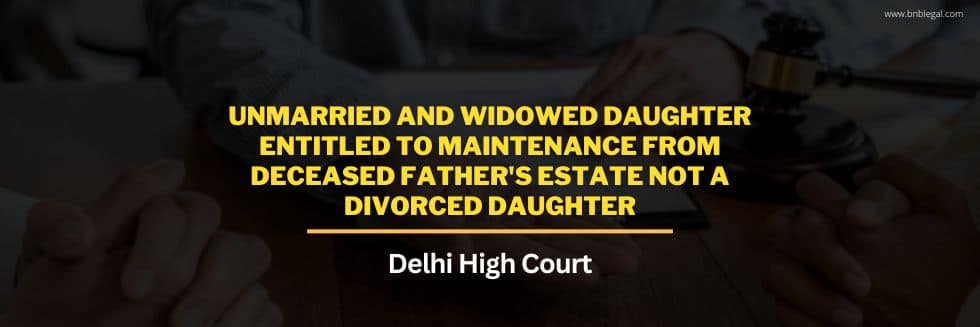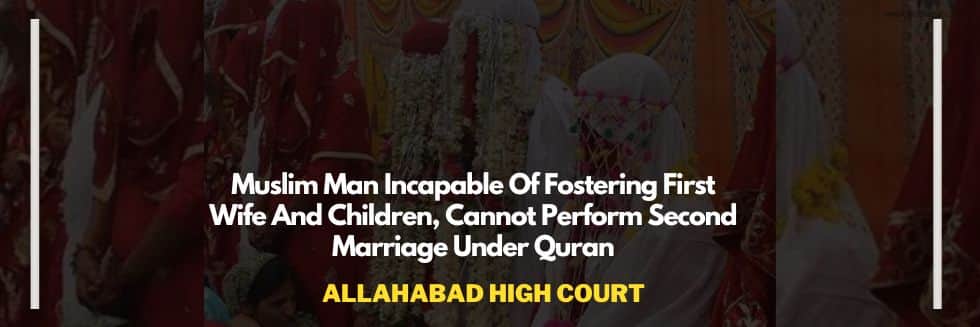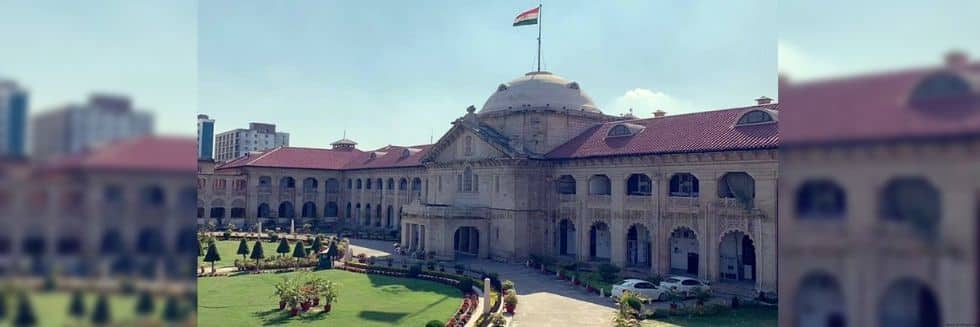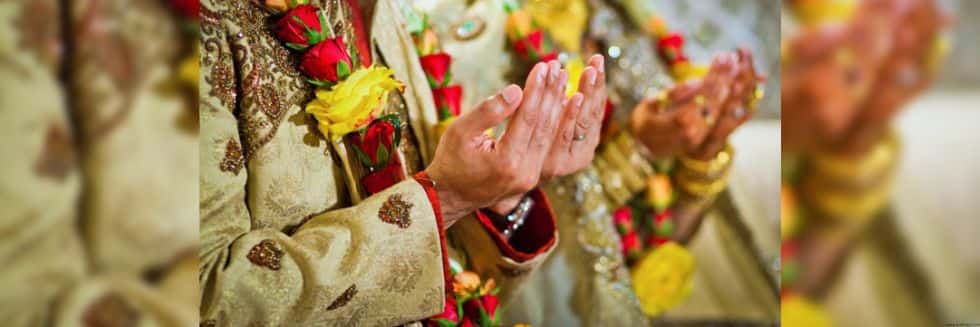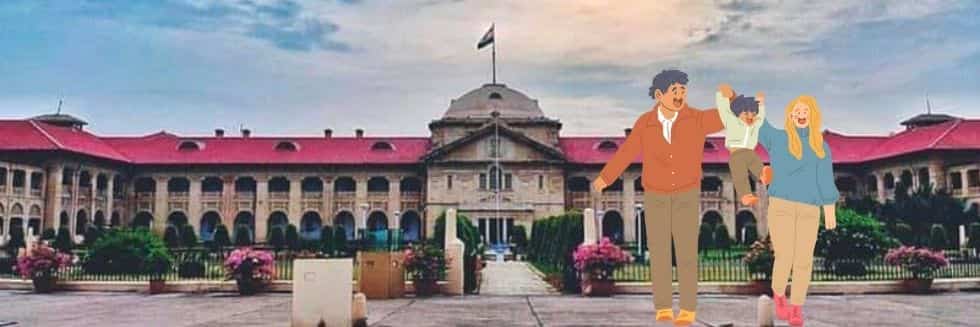In a significant judgment, the Delhi High Court noted that a divorced daughter cannot claim maintenance from her mother or brother as she is not the “dependent” under the Hindu Adoption and Maintenance Act.
The Division Bench comprising Justice Suresh Kumar Kait and Justice Neena Bansal Krishna observed, “An unmarried or widowed daughter is recognized to have a claim in the estate of the deceased, but a “divorced daughter” does not feature in the category of dependents entitled to maintenance.”
The bench dismissed an appeal filed by a divorced daughter challenging an order passed by a family court rejecting her claim for the maintenance from her late father’s estate.
The father passed away in 1999 leaving behind 4 heirs, his wife, a son, and two daughters. The petitioner was not given any share.
She argued that her mother and brother had agreed to pay her Rs 45,000 per month as maintenance while asking her to not ask for a share in the property. She submitted that the family gave her the maintenance only till November 2014.
She stated that her husband had abandoned her, leading to an ex-parte divorce granted in September 2001. She argued that the family court had overlooked the fact that she had not received any financial support, alimony, or maintenance from her husband. Additionally, she explained that her husband was untraceable, preventing her from seeking any form of alimony or maintenance from him.
“However difficult situation as it may be, but under the HAMA as she is not a “dependent” as defined u Section 21 of the Hindu Adoption and Maintenance Act nder the Act and thus not entitled to claim maintenance from her mother and brother,” the bench said.
While dismissing the appeal, the bench highlighted that Section 21 of the Hindu Adoption and Maintenance Act lists the dependents of the deceased which include unmarried and widowed daughters but has no reference to divorced daughters.
The Family Court had noted that the petitioner had already received a share from the estate and could not claim for the same again from her mother and brother.
“The respondent No. 2/mother has already made arrangements for providing the residence to the appellant. It cannot be overlooked that the respondents being the brother and mother had also supported the daughter/appellant by voluntarily giving her Rs.45,000/- per month to her till 2014,” the Court said.
Case: Malini Chaudhri v. Ranjit Chaudhri & Anr
